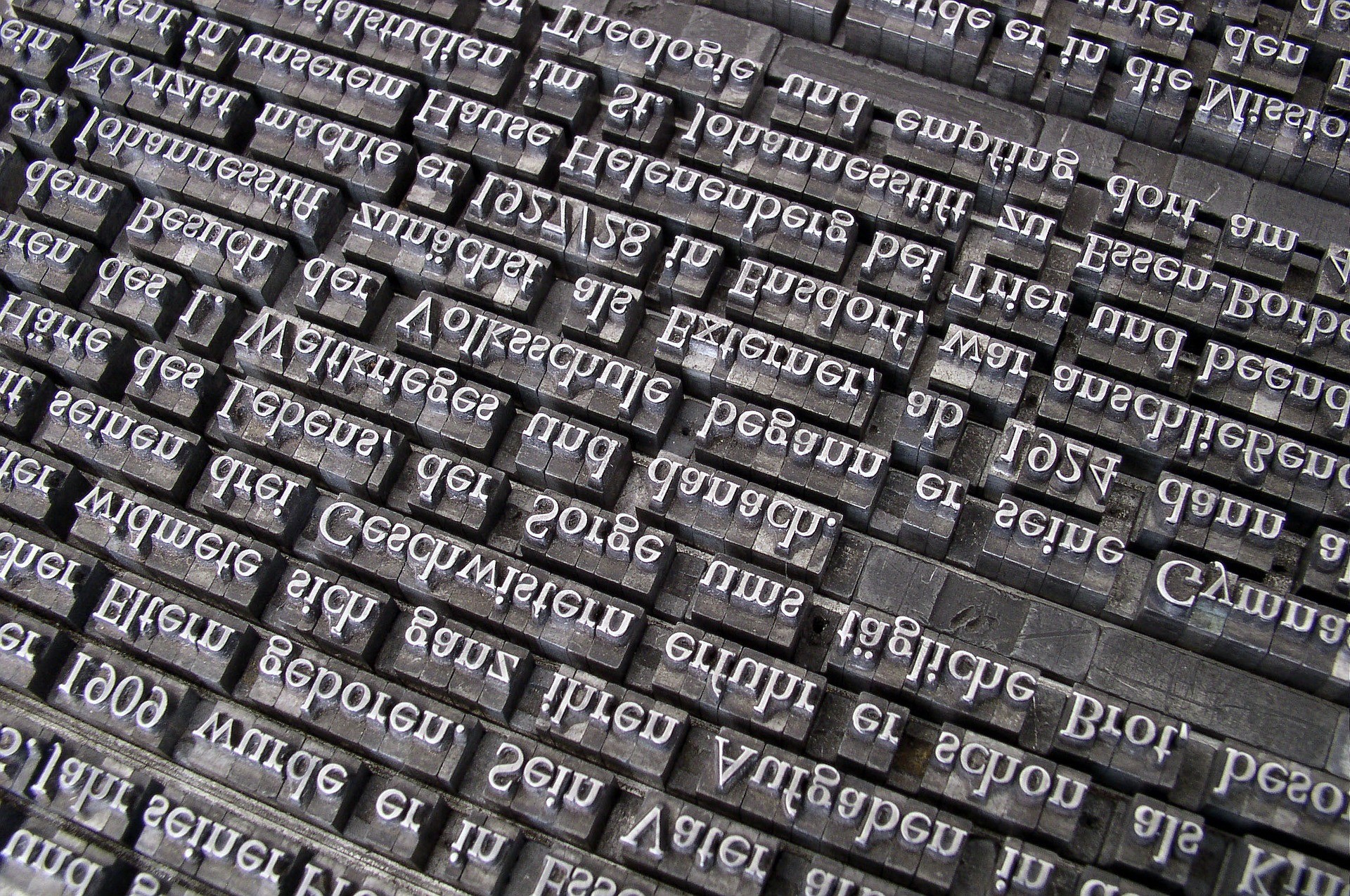
Think of a chubby guy you know. It’s been awhile since I read J.K. Rowling’s books but the image of Harry Potter’s Uncle, Vernon Dursley, just popped into my mind. OK. Now how would you describe him in Maltese? Would you use imbaċċaċ or qawwi? Would you choose kbir, tqil, goff or matnazz? Or maybe you’re given to more flowery language and would instead go for qisu l-vara l-kbira, donnu katuba or qisu ħanżir imsemmen? If these nine expressions all happen to have a place in your vocabulary, then you’re on the right track. Before I started my research, I didn’t know there were at least 37 alternatives you could consider before reverting to the default oħxon!
The main aim of my work over the last three years—Il-Kompilazzjoni ta’ teżawru tematiku Malti dwar in-natura tal-bniedem u r-relazzjonijiet soċjali tiegħu, supervised by Prof. Manwel Mifsud—has been to compile a Maltese-to-Maltese thematic thesaurus. This would not only help users find alternatives to the words and phrases they already know, but also to act as a ‘word prompter’ that would enable people to better express themselves when a specific word eludes them.
To help people speak or write better in Maltese, this thesaurus is not structured alphabetically, but rather has a thematic macrostructure. The six themes it covers are: 1. Il-familja u l-ħbieb (family and friends); 2. Il-ġisem u l-kura tiegħu (the body and its care); 3. Id-deskrizzjoni fiżika (physical description); 4. Id-deskrizzjoni tal-karattru (character description); 5. Is-sentimenti u l-emozzjonijiet (sentiments and emotions); and 6. Il-fażijiet tal-ħajja (life’s phases). Each theme is further organised into sub-themes, allowing users to drill down to the headword they need, a sentence that illustrates its use, and a group of synonyms, tagged whenever necessary to indicate archaic words or idioms among other examples.
Even if the advantages of using a thematic thesaurus outweigh those of using an alphabetically organised one, I kept renowned lexicographer Sidney I. Landau’s position in mind: ‘Alphabet is the only sure way of arranging words.’ Consequently, I gave the user a back entry to this thematic thesaurus through an exhaustive alphabetic index that includes around 12,000 entries.
The thesaurus will be published by Merlin Publishers, and we also want to make it available online to encourage widespread use.





Comments are closed for this article!